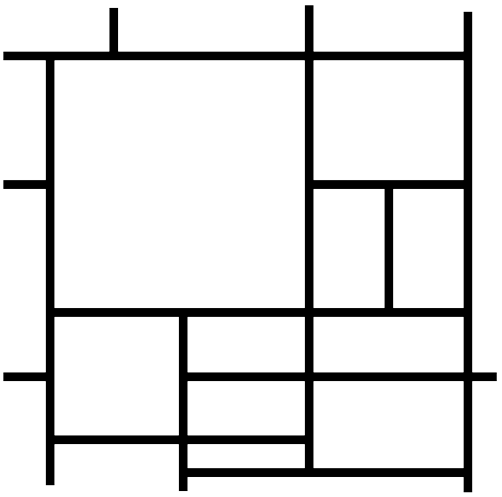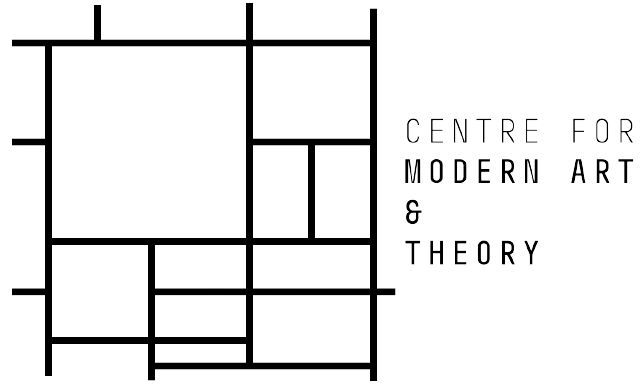Juliane Debeusscher
Experience with the Visiting Research Fellowship at the Centre for Modern Art & Theory
Juliane Debeusscher
Experience with the Visiting Research Fellowship at the Centre for Modern Art & Theory
My stay at the Centre for Modern Art & Theory at Masaryk University took place over two phases, each lasting two weeks, in autumn 2024.
The project I developed during my residency focuses on exhibitions dedicated to drawing exhibitions that took place in the 1960s and 1970s in Czechoslovakia and other European countries, in this case with the participation of artists from Czechoslovakia. I explored the conditions attached to the recurrent presence of these artists in the context of the Joan Miró International Drawing Prize organised in Spain, as well as the motives that led to the exhibition of a selection of works from the Prize at the Vysočina Regional Gallery in Jihlava, in 1970. I also looked at several individual and collective exhibitions held at the House of Arts in Brno and the Vysočina Regional Gallery in Jihlava during the same period, many of them organised by Jiří Valoch. The Visiting Fellowship allowed me to access archives and resources essential to my research, and to enjoy a precious amount of time to develop a first series of reflections. Some of them concern the institutional and extra-institutional networks forged around these exhibitions, and their possible correlations with a socio-political context subject to numerous changes – most particularly in Czechoslovakia, with the opening of the artistic field from the mid-1960s onwards and the repercussions of normalisation on it, in the 1970s. Other reflections are concerned with examining these event’s particular focus on drawing, as a medium both propitious to mobility and to artistic experimentation. Finally, I also laid the foundations for a reflection on the historiography of these exhibitions and their place (and, often, their absence) in the current art historical narrative.

J. Debeusscher during her SMArt Talks lecture.
During my stay, I consulted archives (Collection and Archive of Jiří Valoch at the Moravian Gallery, Exhibitions Archive of the House of Arts in Brno, Archive of the Vysočina Regional Gallery in Jihlava) and libraries (Library of the Masaryk University, Moravian Gallery Library). I also had productive exchanges with my colleagues at the Centre for Modern Art & Theory and with archivists, researchers and cultural producers in Brno, Jihlava and Prague about these exhibitions and my research. I am extremely grateful for their help, sharing of material and helpful comments.
I found in the Centre for Modern Art & Theory at Masaryk University a particularly stimulating and vibrant environment in which to develop my research and discuss my work in progress. The team at the Centre and the other researchers in residence gave me a very warm welcome, and I appreciated the atmosphere very much, which encourages the exchange of ideas and collaboration. My research benefited from all these inputs and from the Centre’s activities in which I took part. During my residency, I presented the lecture ‘Contextual Art. Practices and Experiments across Europe in the 1970s’ as part of the SMArt Talk Series, and I shared my ongoing research in a ‘Work In Progress.’ These meetings were particularly important for discussing my ideas and enriching them with contributions from the public and my colleagues at the Centre and the University.
Juliane Debeusscher is a postdoctoral researcher at Universidad Autónoma de Madrid. Her interests focus on transnational artistic exchange across Europe during the Cold War, with a particular interest on the medium of exhibition as a platform of visibility. She is working on a monograph on this topic, with particular attention to the circulations between Central Europe and Southern Europe in the 1970s. As a visiting research fellow at the Centre for Modern Art & Theory, she is developing a project on drawing exhibitions in Czechoslovakia and their related international networks. She is member of several projects and groups, including Equipo Comunicación: Publishing, Cultural Criticism and Anti-Francoism, 1969–1979 and the Spanish Research Network on Central and Eastern Europe (REIECO).


